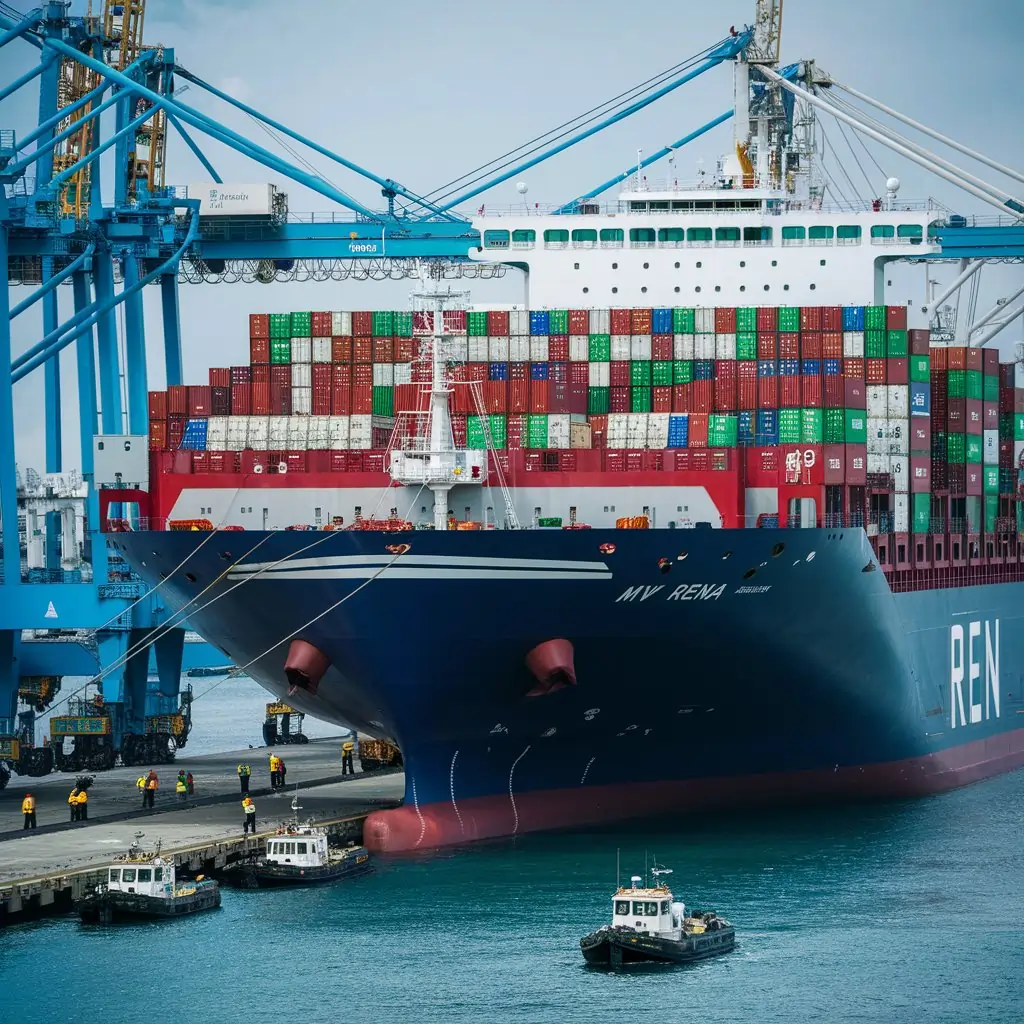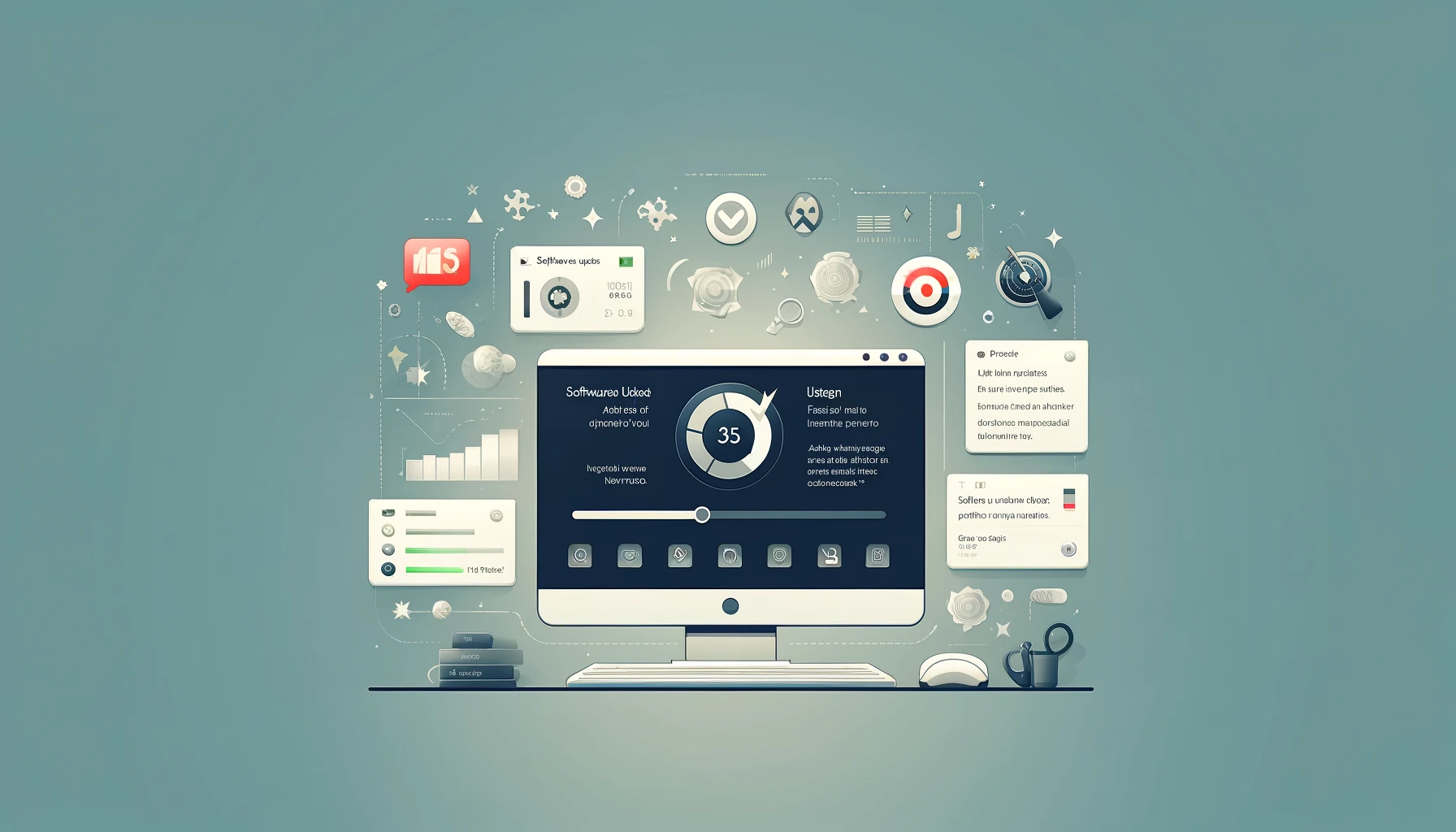Enterprise Resource Planning (ERP): Making Business Operations Smooth for Success
In today’s business world, where everything moves quickly, companies have to handle many complicated tasks well. They deal with

In today’s business world, where everything moves quickly, companies have to handle many complicated tasks well. They deal with money matters, keeping track of what they have, managing people, and making things simultaneously. To do this well, they need a system that combines everything and makes things work automatically. This is where Enterprise Resource Planning (ERP) software steps in, offering a solid way to meet these complex needs.
What Is ERP?
ERP is an extensive software system that makes the central business tasks better and more straightforward. Let’s look into what it does:
- Integration and Coordination
- ERP is like the brain of a company, connecting different parts like finance, supply chain, work activities, sales, reports, making things, and managing people. It makes sure information flows well between these parts. When each part works independently, it takes time for a company to grow and be quick on its feet. But ERP helps break down these walls, bringing teams together and making things run smoothly.
- Modern ERP Systems
- In the past, ERP systems were alone and didn’t talk to other tools. But now, ERP systems are much better. They link tasks within the system and connect with other tools for work, online selling, and talking to customers. This full view lets companies use data well, improve their processes, and be more innovative.
Modern ERP systems have some cool features like:
- Flexible Deployment Options: You can set up ERP in your building, in the cloud, or use a mix of both, depending on your company’s needs.
- Enhanced Security and Privacy: Keeping essential data safe is a big deal, and the new ERP systems make this a top priority.
- Sustainability: ERP helps companies be more eco-friendly by reducing waste and using less.
- Low-Code Customization: You can change the system to fit your company’s needs without doing a lot of coding.
- Why Is ERP Essential for Businesses?
- ERP is essential for a company’s success. Here’s why:
- Optimal Performance
- ERP systems use artificial intelligence to give helpful advice. This advice helps companies make smart decisions and work at their best.
- Accelerated Impact
- ERP links tasks and data, giving employees up-to-date information. This helps the company act fast and deliver value everywhere.
- Business Agility
- ERP systems grow with your company. They help you handle changes and stay strong, ready for what’s next.
- Business Functions Enhanced by ERP
- ERP improves many parts of a company:
- Financial Management: It makes handling money and reports easier.
- Supply Chain Optimization: Manage what you have, buying and moving things efficiently.
- Human Resources: Automate paying people, keeping employee records, and managing talent.
- Manufacturing and Production: Keep an eye on making things, checking quality, and using resources.
- Sales and Customer Service: Keep track of orders, talk to customers, and handle requests.
ERP is a critical tool that helps businesses run smoothly, make intelligent decisions, and stay ahead in a fast-moving world.








